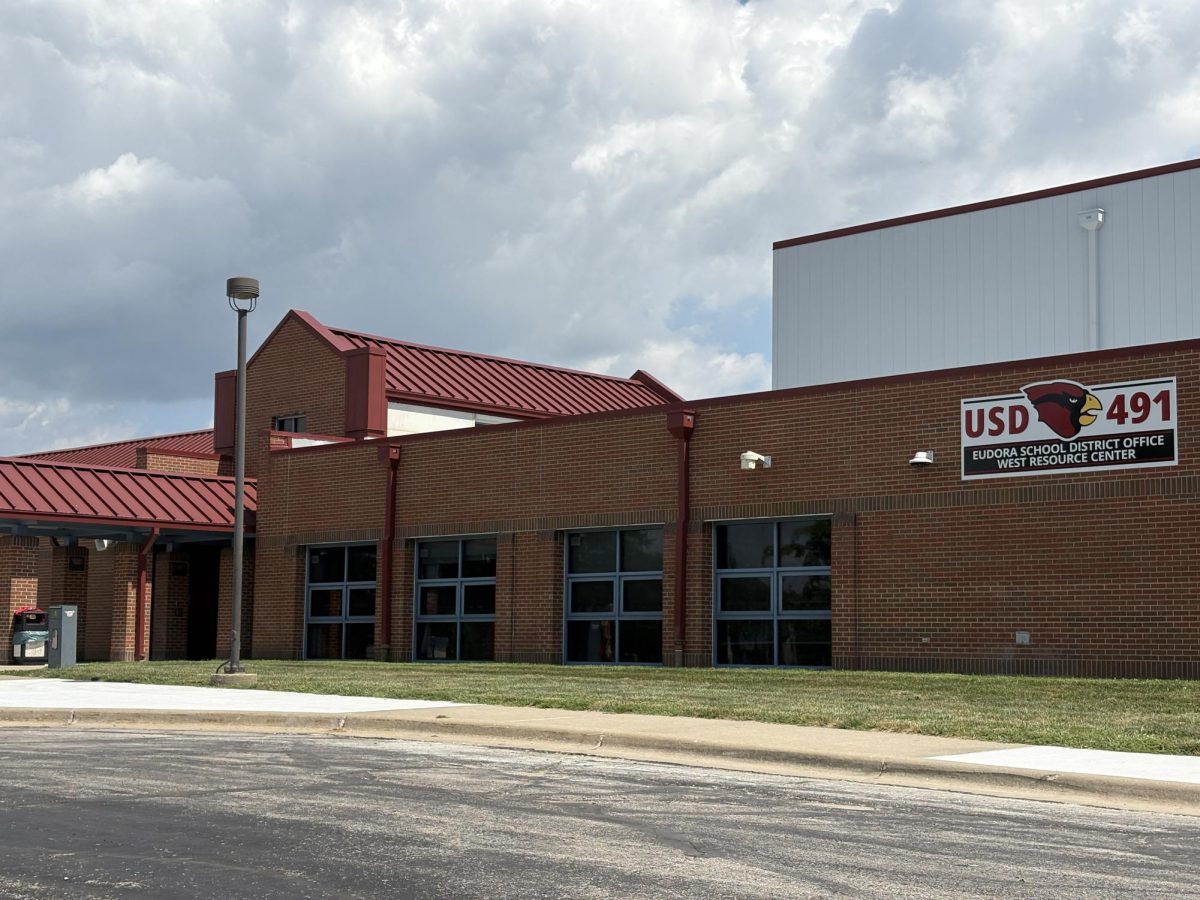
After months of uncertainty surrounding the state Migrant Education Program housed in Eudora due to the federal funding freeze, the state has received its allocation for the program.
Earlier this summer, many of the program’s employees resigned, had their contracts non-renewed or transferred to other programs. Five employees did not have contracts renewed, three transferred to other roles and three resigned, according to the School Board agenda. At that time, there was little information about when the state would be receiving funding for the program.
The program is not directly related to the Eudora district, but is housed in Eudora because it’s known to be a well-managed and impressive school district, said John Farrell, director of special projects for the program.
Although federal funds were now received by the state, the money has not yet been distributed to the program. They expect it to be slightly less than last year, Farrell said. Due to some level of uncertainty about when the program will receive its funding and due to the decrease, the program is looking at restructuring to figure out how to best serve those utilizing the program.
While Eudora makes up a large portion of the program, there are other entities that also receive funding for the program, Superintendent Stu Moeckel said.
Moeckel said the district serves as a flow-through for the money, and the district uses the funds for payroll for the program.
Farrell said there will be opportunities to hire more staff back after receiving the allocated funds. Once determined, they will decide what the student needs are and then match those students up with staff, he said.
Services coordinator Tracie Kalic said there has been a lot of uncertainty around the program and said they weren’t sure if the program would continue. Kalic said the program is receiving about $200,000 less than last year.
“We’re in ongoing discussions and planning and really trying to meet the needs of all our students and families across the state as best we can, given, you know, the allocation size and just everything that’s been happening,” Kalic said.
The program has been existing on a skeletal structure recently, Farrell said. Once they are better able to address needs, they will be able to increase their educational abilities again, he said. A lot of the students move around frequently, so first the program will have to find where students have moved since school started, he said.
The Migrant Education Program serves students across the state as part of Title I. The goal of the program is to reduce the effects of repeated moves on education and specifically caters to students who are working in the agricultural field. Jobs can be anything from meat processing, crop farming, vineyard or work in the dairy industry.
The program is more than just a tool to promote success in academics. It helps create more productive workers, Farrell said.
“The program addresses the needs of the students, which makes the workers more productive in the fields or in the processing facilities,” Farrell said. “So, basically the program helps enhance, first, the availability of staff and also the ability for those folks to be able to meet the needs of the employers. In essence, they help the bottom line.”
The program also further supports agri-business, Kalic said.
“I mean, looking at the impact of the program on agricultural workers throughout Kansas and throughout the nation. I mean, the impact is in the millions upon millions of dollars in terms of what they get out of it,” she said.